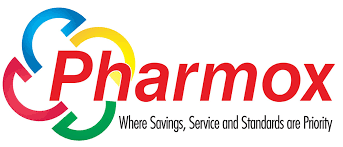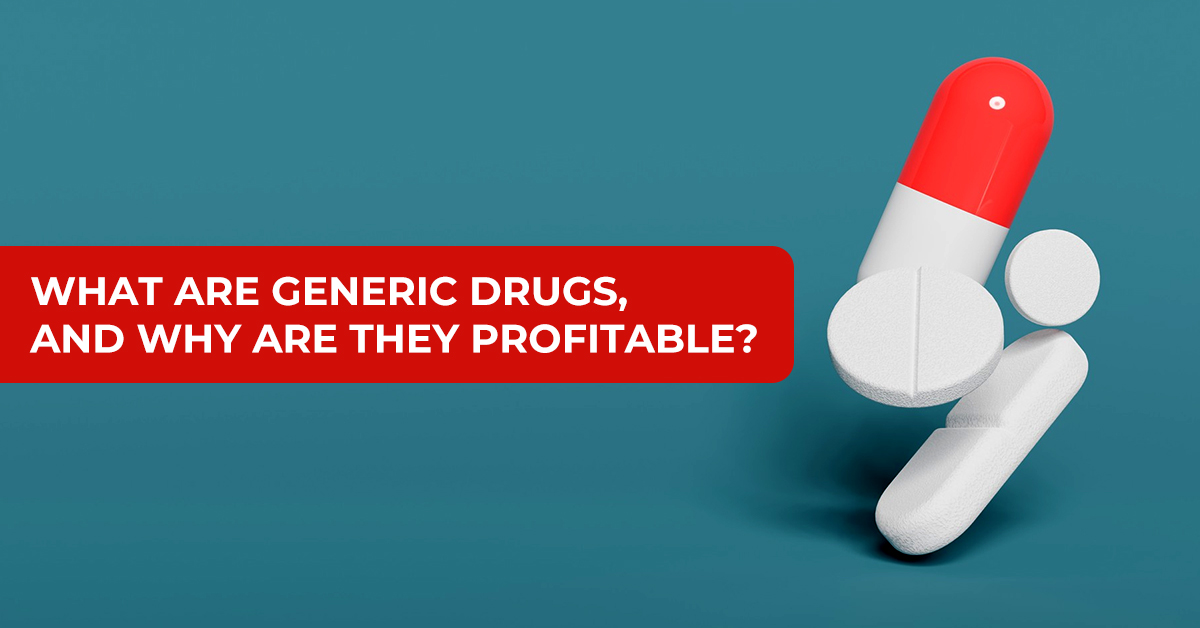Without clarification, taking medication cannot be only expensive but also confusing. About 9out of 10 people choose a generic prescription over a name brand. For some patients, the high cost associated with treatment drugs can make it hard to comply, which results in avoiding medications. However, generic drugs have fragmented the market and provided cost-effective, reliable, and equivalent solutions as branded drugs.
Independent Drug Wholesale states that generic drugs make up 90 of prescriptions filled. Originally generic drugs are endowed by their chemical name. Generic drugs are biologically equal to their brand names in terms of safety, ingredients, strength, quality, performance, intended use, and route of administration. A generic drug is equivalent to a brand-name drug and typically a more affordable solution.
Many people are concerned as generic drugs are cheaper compared to their branded versions. They often hesitate for their quality and effectiveness. Pharmaceutical Wholesalers ensures that generic drugs have the same purity, stability, and quality as brand-name drugs. For example, a generic drug used for diabetes is metformin, while the brand name is Glucophage.
What is a generic drug?
Wholesale Drug Distributor explains that generic drugs have the same quality active ingredients over the counterpart. At the same time, brand-name drugs have FDA approval licenses to protecting them from competitive markets to help the drug company recover research and development costs.
Once the patent expires, the market is open to different manufacturers to seek approval for generic drugs. The color, shape, and active elements might differ, but they can gain patent and support under their brand.
Why do they cost less?
Generic drugs do not fall under the trap of hefty costs. They do not have to undergo the expense of research, animal and human clinical trials, marketing, advertising, gaining patents and much more required by brand-name medicines to prove their safety, reliability, and effectiveness. The reduction in upfront costs results in lower prices.
The substantially lower costs don’t prove the ineffectiveness of drugs and results in the same therapeutic effect as their competitors branded counterparts.
What are the major differences between brand-name and generic drugs?
- Price
According to FDA, generic medicines can reduce the costs upto 85% as they do not undergo all costly clinical trains. Also, the manufacturers don’t drain their pockets for the branding and advertising of the product.
- Inactive Ingredients
Inactive ingredients like preservatives, flavors, dyes, and fillers are used in drugs that do not have any therapeutic value. Eventually, generic medicines do not formulate any of these.
- Insurance coverage
As drugs are cheaper, insurance companies are more apt to cover them. In one recent coverage, more than 1300 generic and brand drugs found that 84% of plans are covered for generic medicines while 0.9% for brand names. Don’t hesitate to ask your healthcare provider for the substitute of a generic alternative of branded drugs.
When to swap for generic?
Patients are more likely to abandon branded prescriptions compared to generic alternatives. When it comes to prescribing drugs, generic drugs are considered accessible, cost-effective options. Switching to generic makes sense when your healthcare provider approves to be the right choice for you. If you have comorbidity or chronic illness, you need to rely on branded ones.
Pharmox is an Independent Drug Wholesale that assures your drugs’ quality, security, and peace of mind. Contact us if you have further queries or questions related to generic drugs or getting Best Generic Drugs Wholesale prices. Contact Us Now – 888-628-5752

